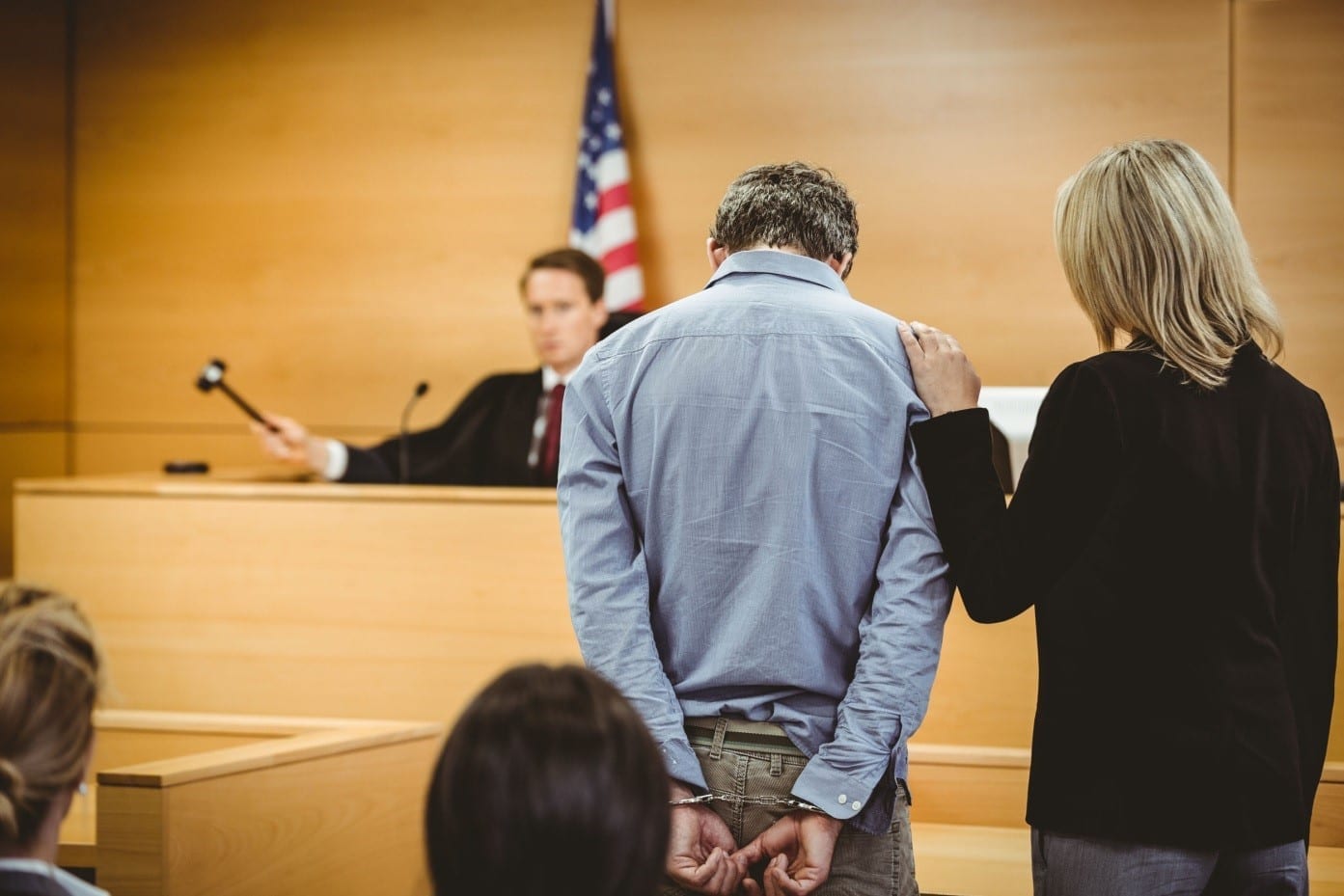What Happens When You Violate the Terms of Your Probation?
Violating the terms of your probation is a serious matter. When you break your agreement with the courts, you risk going to jail or prison, incurring heavy fines, and more.
If you have been convicted of a crime, one thing that may happen is that you will be sentenced to probation. During this time period, you are given the opportunity to remain in the community instead of being incarcerated. In exchange, you agree not to breach any of the terms of your probation or break the law.
How Probation Can Be Violated
Probation violations occur when you ignore, avoid, refuse, or otherwise transgress against the terms of your probation while it is still in effect. If you’re not sure about the specific terms of your probation, you should consult with your probation officer.
There are a number of ways that you can violate your probation. Here are some of the more common ways:
- Failing to report to court at a scheduled time
- Failing to meet with your probation officer at a scheduled time
- Not paying a fine or fee laid down by the court
- Visiting specific prohibited places or people
- Leaving the state without informing your probation officer
- Possessing, using, or selling illegal drugs
- Committing other crimes or offenses
What Happens After You Violate your Probation?
Warning or Violation. There is no set process that happens immediately upon violating a term of your probation. Your probation officer may decide to issue you a warning for relatively minor infractions. Alternatively, you could be required to appear in court at your PO’s discretion. A number of factors will weigh into his or her decision to issue a violation, including the severity and circumstances surrounding your transgression.
If you are sent to court for your violation, your probation officer will request a penalty, which might include jail time.
Probation Hearing. In court, a hearing will be held to determine whether your behavior should be considered a violation. The presiding judge will hear your case, and a prosecuting attorney will try to prove that you committed the violation.
The judge will consider the nature and seriousness of the alleged violations, as well as past instances and any other relevant factors. If you are found guilty, then you will receive a new sentence.
Sentencing. Sentencing will happen shortly after your probation hearing. The sentence will be vary significantly based on the nature of the violation. Your probation time might be extended, or new terms may be imposed on your probation.
The judge may also require you to serve a short sentence in jail, or he may revoke your probation entirely. If your probation is revoked, you will be required to serve the remainder of your sentence in jail or prison.
Penalties for Probation Violation
There are no standard punishments or penalties for violations of your probation, and the end result of your violation is largely up to the judge.
For minor violations, there are a number of lighter penalties, like community service, rehabilitation, or corrective programs. In more serious cases, judges may impose a fine or restitution fee to the victims. He or she might decide to send you to jail for a short period of time, or sentence you to serve the rest of your probation in prison.
If you are facing charges for probation violations, you have the right to be represented by an attorney. Contacting legal representation will greatly improve your chances of a desirable outcome.
About the Author:
Andrew M. Weisberg is a former felony prosecutor who now serves as a defense attorney in the greater Chicago area. He has extensive experience in handling all types of criminal cases, from sex offenses and domestic violence to retail theft-related crimes, Murder, and drug crimes.







 Blog Home
Blog Home 











